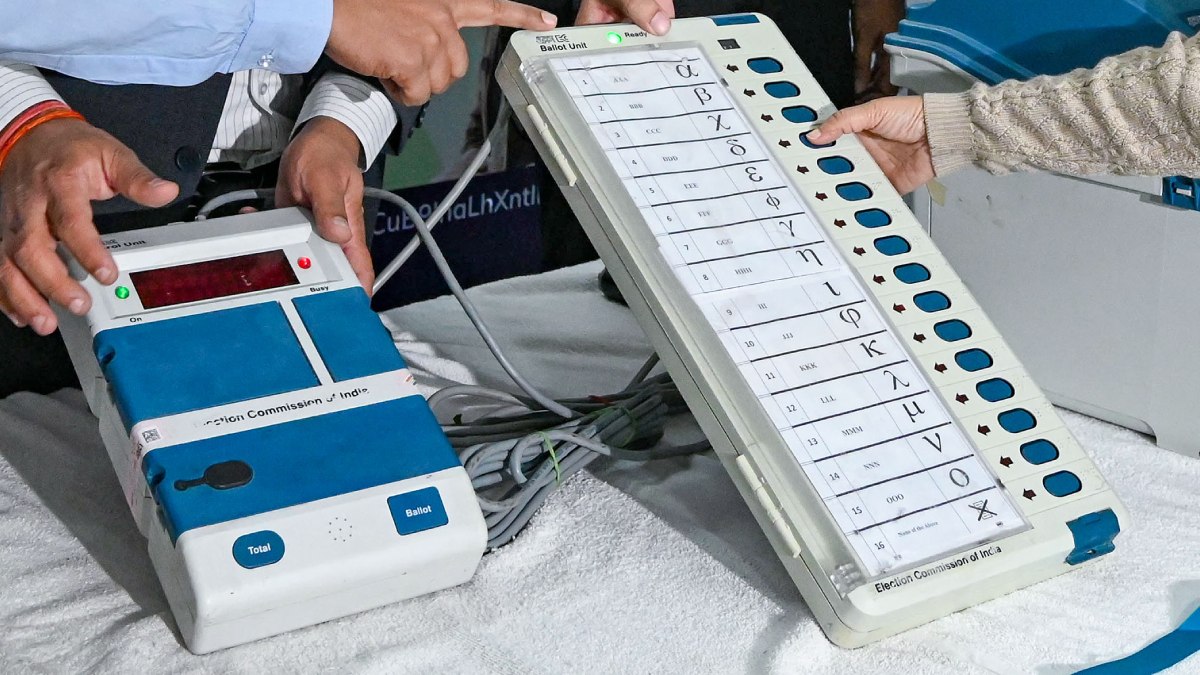
Cauvery row: How the court room drama unfolded
The Supreme Court on Tuesday directed Karnataka to release 6,000 cusecs of Cauvery water to Tamil Nadu for a period of seven days. This has led to protests in Karnataka and there is pressure on Chief Minister Siddaramaiah not to follow the order of the Supreme Court.

In the court hall, Karnataka's counsel, senior advocate, Fali S Nariman pleaded that no interim orders should be passed on this issue. Any interim order now will be a wrong order, he told the court. The court room witnessed some drama as the counsel for Tamil Nadu, Shekhar Naphade countered both Nariman as well as Harish Salve, who was appearing for a citizen's group from Bengaluru.

How the drama unfolded
Nariman
told
the
court
that
Karnataka
would
not
be
able
to
comply
with
the
order,
which
would
cut
into
the
drinking
water
supply
in
Karnataka.
He
pointed
out
that
Tamil
Nadu
had
over
50
tmcft
of
water
in
the
Mettur
reservoir.
However,
Naphade
retorted
that
no
water
can
be
released
from
this
reservoir
unless
the
storage
crosses
the
50
tmcft
mark.
Both Nariman and Naphade expressed their grievances with regard to the view expressed by the Cauvery Supervisory Committee. The committee had ordered Karnataka to release 3,000 cusecs of water for 10 days. Both states raised the question of distress. Karnataka's argument was based on the apprehension that if southwest monsoon is below normal and the northeast monsoon is above normal, the waters cannot be brought upstream to Karnataka area and as such, the crops in the upper region of the Cauvery basin will suffer.
The
court
noted
that
the
crops
of
the
upper
basin
areas
mostly
receive
support
of
artificial
irrigation
from
the
southwest
monsoon
and
as
mentioned
above,
while
working
out
the
crop
water
requirement,
provision
has
already
been
made
from
the
availability
of
southwest
monsoon
water
in
the
reservoirs
to
meet
the
annual
requirements
of
those
areas.
Further, there would also be some good years, bringing in more than 740 tmcft of water. "We have suggested mechanism for implementation of the order of the tribunal and that suggested authority will take care of conserving water during good years in the designated reservoirs and also devise conservation of water by the party States in the remaining reservoirs (capacity - 3 tmcft and above), and during a deficit year permit withdrawals keeping in view the shortfall in total availability.
Similarly, if the northeast monsoon happens to be below normal, it would be feasible, as also justified, to provide some water from the storages in the upper regions for saving the crops of the lower region of the basin. This task has to be carried out by the Cauvery Management Board after assessing the extent of distress", the court said.
Not a normal year
Nariman said that this is not a normal year and, therefore, there has to be adjustment in monthly allocation. He submitted that if there is a deficit year and not a normal year, the yearly allocation has to reduce proportionally. When Karnataka is in great misery as far as the supply of water is concerned, it is not possible to release any water to Tamil Nadu, he said.
Nariman
said
that
Karnataka
will
have
to
part
with
drinking
water
if
it
is
compelled
to
supply
the
water
to
Tamil
Nadu.
Naphade
contended
that
the
monthly
allocation
by
the
Tribunal
is
rational,
inasmuch
as
it
has
taken
into
consideration
various
crops
that
are
grown
in
Tamil
Nadu
and
the
seasonal
requirement.
He
said
both
states
have
to
embrace
the
principle
of
adjustment
in
a
deficit
year.
The
argument
relating
to
dwindling
water
was
controverted
by
Naphade
on
the
ground
that
the
Tribunal
has
not
really
referred
to
the
decision
pertaining
to
drinking
water
for
two-thirds
of
the
city
of
Bengaluru
from
the
Cauvery
basin.
Better intervene than protest
During the course of the arguments, senior advocate Harish Salve, appearing for a citizens' group from Bengaluru, said it was better that the court intervenes. When he advanced arguments, Naphade tried to cut him short by saying, "please do not add another speaker from Karnataka which is trying to bring street violence into the courtroom."
Salve immediately retorted and said that it is time that the matter is settled. "We cannot afford anymore luxury litigation. It is better to intervene here rather than protest on the streets", he said, adding that there is concern over drinking water supply to Bengaluru.
OneIndia News


 Click it and Unblock the Notifications
Click it and Unblock the Notifications


































